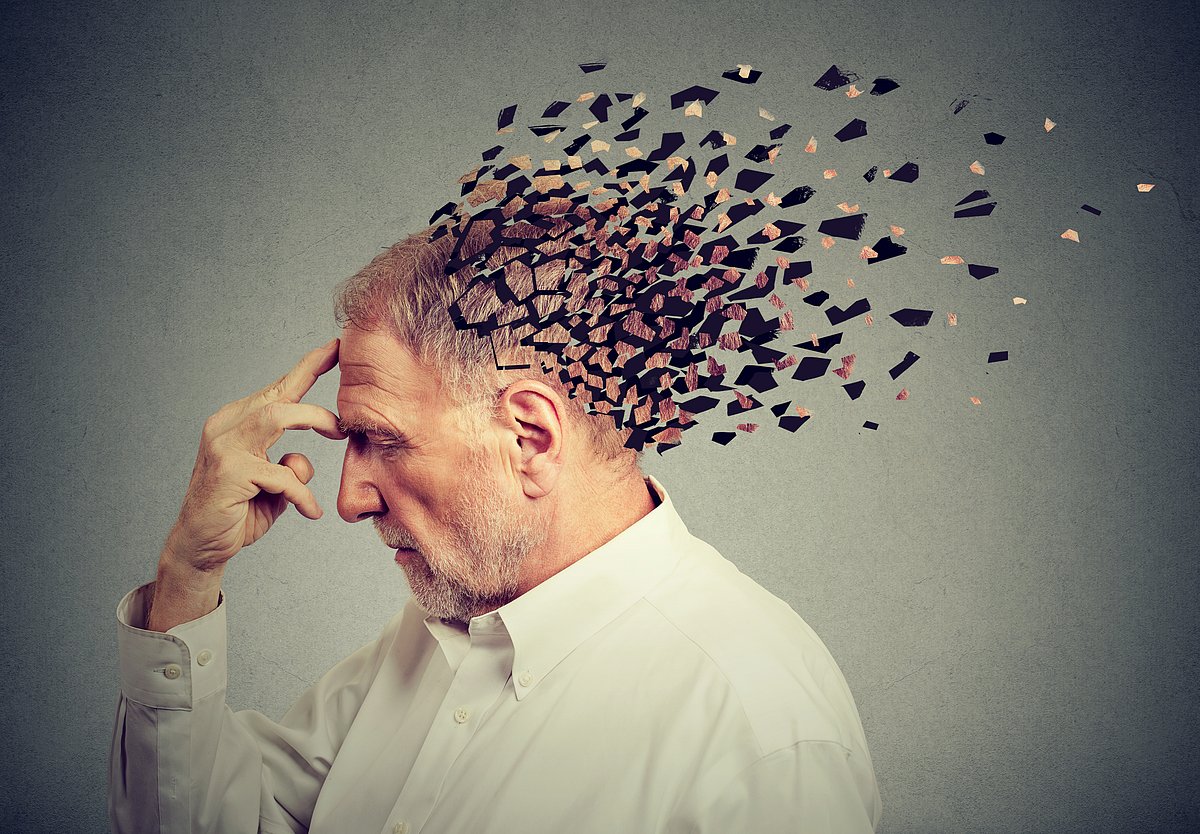With life expectancy in the UAE now averaging 77 years for men and 80 years for women, the nation has much to celebrate in healthcare progress. Yet, experts warn that longer lives also bring new responsibilities — particularly the growing burden of Alzheimer’s disease and dementia.
September marks World Alzheimer’s Month, a time to raise awareness of a condition that already affects millions globally. Alzheimer’s remains the leading cause of dementia, responsible for nearly 70 per cent of cases worldwide. According to Alzheimer’s Disease International, 55 million people were living with dementia in 2020, a number projected to rise to 139 million by 2050.
The challenge of late diagnosis
In the UAE, specialists say many cases are detected too late, often mistaken for “normal ageing.” By the time patients reach specialist clinics, opportunities for early intervention are lost.
“Routine screening for patients over 65 is not widely available, and comprehensive support services remain relatively scarce,” said Dr Suhail Abdulla Alrukn, Consultant Neurologist and President of the Emirates Neurology Society. “Awareness, training and infrastructure must grow in parallel to meet the needs of our ageing population.”
Barriers include a shortage of memory clinics, limited national registries, and stigma that discourages families from seeking medical help.
Building on Abu Dhabi’s healthcare strengths
Despite these challenges, Abu Dhabi has a strong foundation to address Alzheimer’s care. A recent policy brief launched during the Brain Conference in the capital, commissioned by Eli Lilly, underlined the importance of a national plan uniting government, healthcare providers and the private sector.
“Too often, diagnosis comes late, when families are already overwhelmed,” said Roberta Marinelli, President and General Manager of Meta Hub, Eli Lilly. “By moving care upstream, through prevention and earlier detection, we can change the story for thousands of families in the UAE.”
She added that the UAE’s leadership in genomic research, AI-powered diagnostics and policy innovation offers a solid starting point for building a comprehensive Alzheimer’s strategy.
Priorities for action
Experts outlined five key steps:
Public awareness: Campaigns in community spaces and media to educate people on early symptoms.
Primary care training: Equipping doctors with simple diagnostic tools such as Mini-Cog and MoCA.
Specialised memory clinics: Creating centres with neurology, geriatrics, psychiatry and social support under one roof.
Family support: Offering workshops and resources for caregivers to reduce burnout.
Policy and research: Establishing registries, funding protocols and ensuring access to emerging therapies.
Innovation and collaboration
Lilly, which has worked in Alzheimer’s research for more than 35 years, is advancing new treatments and diagnostics, including blood-based biomarkers that can detect the disease earlier. “When combined with cognitive testing, these can significantly improve outcomes,” said Marinelli.
She stressed that collaboration is crucial: “No single actor can solve this challenge. It requires alignment across caregivers, regulators, academia and industry.”
A call to action
World Alzheimer’s Month serves as a reminder that while Abu Dhabi has made great strides in healthcare, time is critical. By investing in awareness, early detection, and caregiver support, the emirate has the opportunity to set a regional benchmark in Alzheimer’s care.
Behind every statistic is a parent, a grandparent, or a colleague whose life is touched by the disease. For their sake — and for future generations — experts say the time to act is now.
Sign up for the Daily Briefing
Get the latest news and updates straight to your inbox
Network Links
GN StoreDownload our app
© Al Nisr Publishing LLC 2026. All rights reserved.
